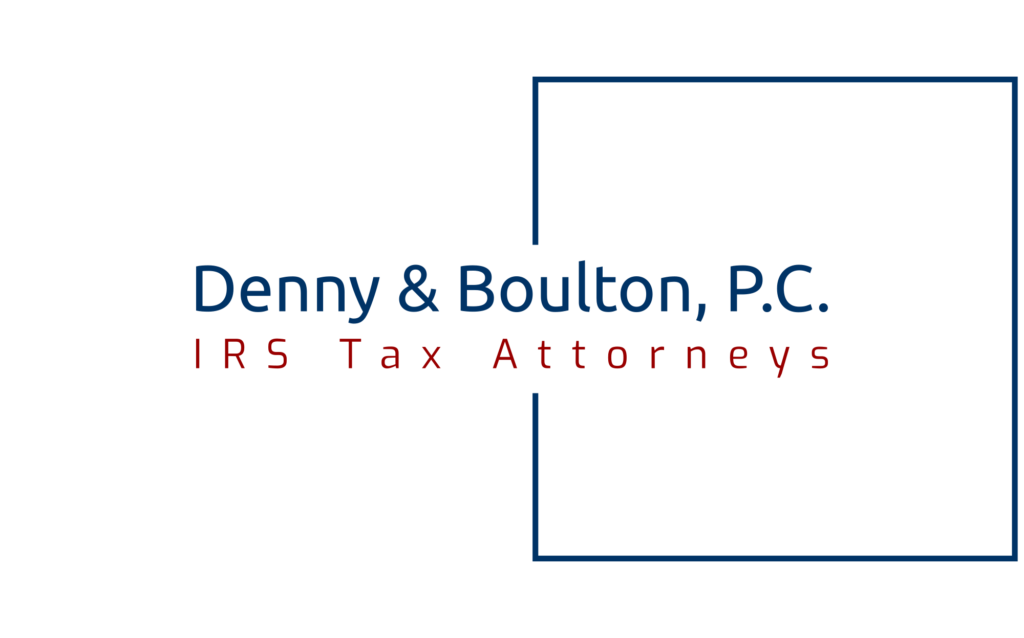Discharging Taxes in Bankruptcy
Bankruptcy is a legal process designed to provide relief to individuals and businesses overwhelmed by debt, offering a fresh start and a path towards financial stability. One of the most critical aspects of bankruptcy law is the discharge of debts, which allows debtors to eliminate certain obligations and obtain relief from financial burdens. However, not all debts are dischargeable in bankruptcy, and taxes represent a complex category that requires careful consideration and adherence to specific rules and regulations. Understanding the mechanisms and limitations surrounding the discharge of taxes in bankruptcy is crucial for debtors seeking relief and creditors seeking to protect their interests.
The Intersection of Bankruptcy and Tax Law
Bankruptcy law operates within the framework of federal statutes and regulations, providing debtors with a legal mechanism to reorganize or liquidate their assets to satisfy outstanding obligations. Tax law, on the other hand, governs the assessment, collection, and enforcement of taxes owed to federal, state, and local governments. When individuals or businesses facing tax liabilities seek bankruptcy protection, the interaction between bankruptcy and tax law becomes paramount in determining the treatment of tax debts within the bankruptcy process.
Types of Tax Debts
Tax debts can be broadly categorized into two main types: priority and non-priority debts. Priority tax debts include certain types of taxes that enjoy a higher status in bankruptcy proceedings, such as income taxes and certain other federal taxes. Non-priority tax debts encompass obligations that do not receive preferential treatment and may be discharged under specific circumstances, subject to compliance with applicable laws and regulations.
Criteria for Discharging Tax Debts
The dischargeability of tax debts in bankruptcy hinges on several key factors, including the type of tax, the timing of the tax assessment, the filing status of the taxpayer, and the nature of the bankruptcy proceeding. Generally, income taxes can be discharged in bankruptcy if they meet the following criteria:
- Three-Year Rule: The tax debt must be associated with a tax return that was due at least three years before the date of the bankruptcy filing. This includes any extensions granted for filing the tax return.
- Two-Year Rule: The tax return must have been filed at least two years before the bankruptcy petition was filed. Late-filed returns or returns filed by the IRS on behalf of the taxpayer (substitute returns) do not satisfy this requirement.
- 240-Day Rule: The tax debt must have been assessed by the IRS at least 240 days before the bankruptcy filing. This assessment period may be extended if certain circumstances, such as an offer in compromise or a previous bankruptcy filing, suspend the collection process.
- No Fraud or Willful Evasion: The tax debt must not be associated with fraudulent or willful attempts to evade tax liability. Debts resulting from tax fraud or willful evasion are generally not dischargeable in bankruptcy.
Treatment of Priority Tax Debts
Priority tax debts, such as certain types of income taxes and payroll taxes, enjoy special treatment in bankruptcy proceedings and are generally non-dischargeable. However, bankruptcy may still provide relief by allowing debtors to reorganize their finances and establish manageable payment plans for priority tax debts, thereby facilitating the resolution of tax obligations while preserving essential assets and resources.
Chapter 7 vs. Chapter 13 Bankruptcy:
The dischargeability of tax debts may vary depending on the type of bankruptcy proceeding initiated by the debtor. Chapter 7 bankruptcy, often referred to as liquidation bankruptcy, involves the sale of non-exempt assets to satisfy outstanding debts, including eligible tax liabilities. In contrast, Chapter 13 bankruptcy, known as reorganization bankruptcy, allows debtors to develop a repayment plan spanning three to five years, enabling them to retain assets while making structured payments towards their debts, including tax obligations.
Documentation and Compliance Requirements:
Successfully discharging tax debts in bankruptcy requires meticulous documentation and compliance with procedural requirements mandated by bankruptcy and tax laws. Debtors must accurately disclose all tax liabilities, file the necessary tax returns, and adhere to bankruptcy court procedures to ensure transparency and compliance throughout the bankruptcy process.
Conclusion
The discharge of tax debts in bankruptcy represents a complex yet essential aspect of the legal framework governing debt relief and financial rehabilitation. While bankruptcy offers a viable solution for individuals and businesses burdened by tax liabilities, navigating the intricacies of tax law and bankruptcy regulations demands careful planning, strategic decision-making, and expert guidance. By understanding the criteria, limitations, and implications associated with discharging tax debts in bankruptcy, debtors can pursue effective debt relief strategies while safeguarding their financial interests and achieving a fresh start towards long-term financial stability.
Denny & Boulton, P.C. is designated by Congress to be a Debt Relief Agency. We are proud to help individuals and businesses navigate through this complicated process to lawfully obtain bankruptcy relief. We will evaluate your case, determine the best strategy, and file under the appropriate bankruptcy chapter, whether 7, 11, or 13.


